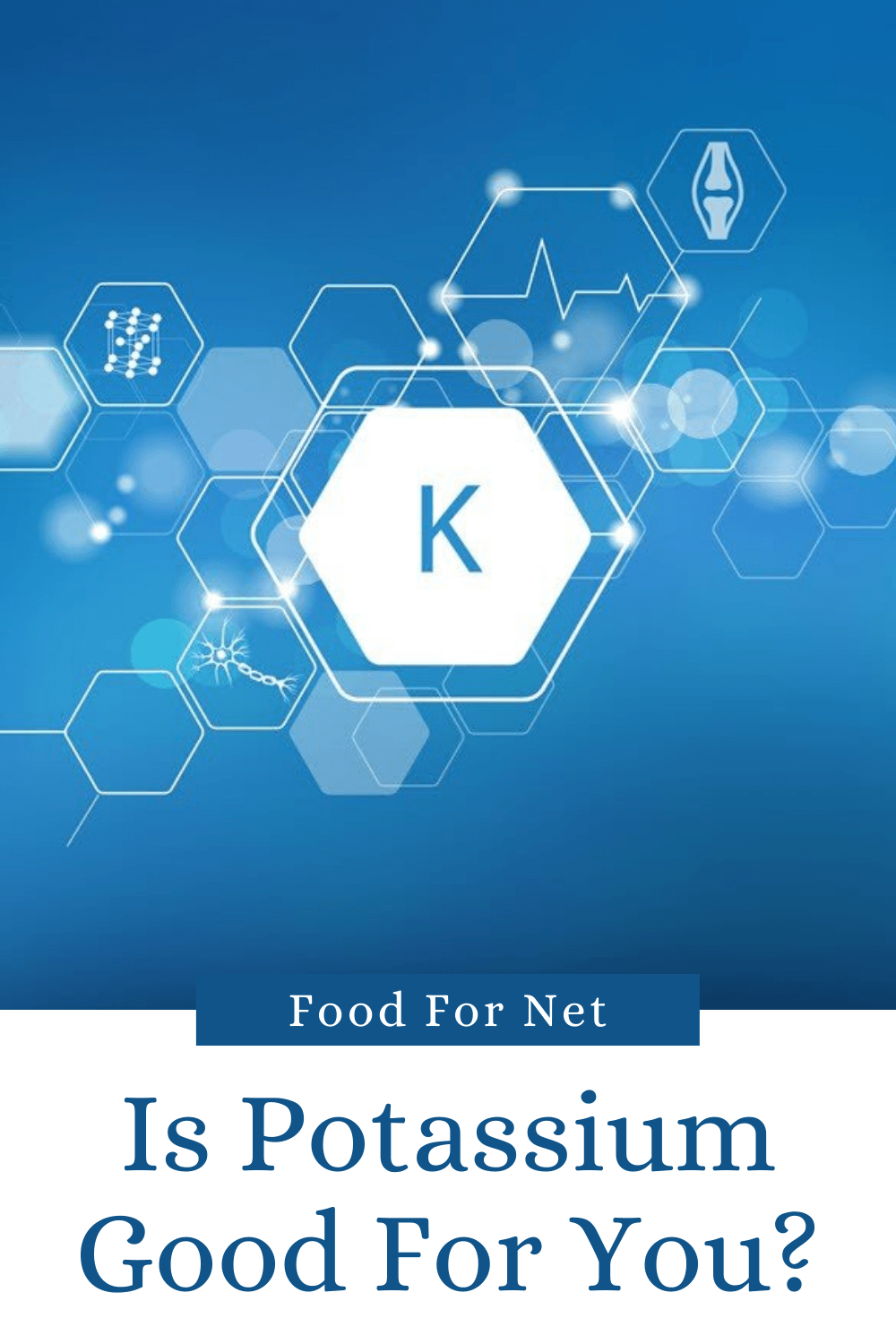
Potassium is an essential mineral, one that our bodies can’t make, so we must get it through our diet instead. There are many vitamins and minerals like this, but potassium stands out, as it is an electrolyte too and is one of the critical minerals that you need. Is potassium good for you? Absolutely.
But why is potassium good for you? What does the mineral actually do in your body? It does more than you might imagine, as it turns out.
In this post, then, we’re taking a deep dive into potassium. We’re going to talk about how the mineral helps you, how much of it you need, and where you can get it from. We also touch on the other extreme, which is when your potassium intake is too high.
Is Potassium Good For You?
- What Potassium Does In Our Bodies
- How Much Potassium Do You Need?
- The Benefits Of Potassium Rich Diets
- The Best Foods For Potassium
- Can You Have Too Much Potassium?
- Are Potassium Supplements A Good Idea?
- Final Thoughts
What Potassium Does In Our Bodies
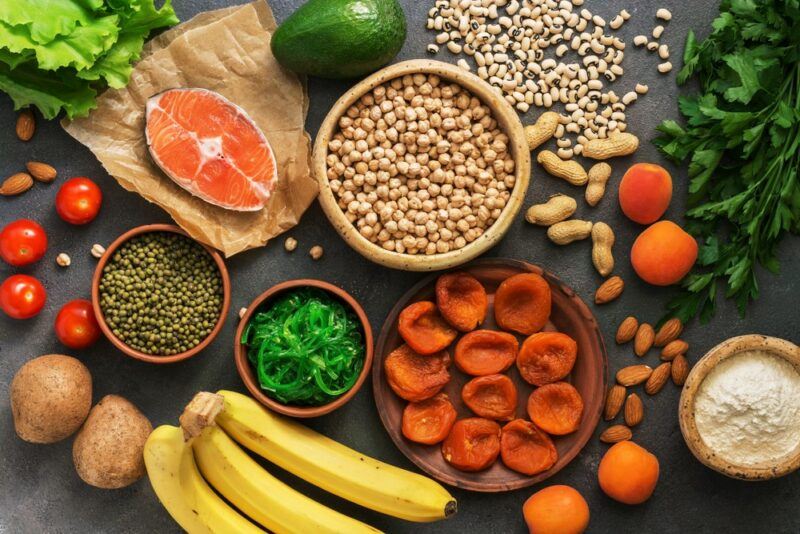
Potassium is both a mineral and electrolyte. It’s critical for fluid regulation throughout your body. It’s also highly relevant in our body’s electrical system, helping with muscle contractions and nerve signals.
This effect is partly due to the electrolyte function.
When we’re talking about the body, electrolytes are minerals that, when dissolved, create positively or negatively charged ions. Potassium is one of these, along with magnesium, sodium, and calcium.
The charge on the ions is critical here and is why electrolytes perform different roles than other vitamins and minerals.
Potassium And Sodium
Potassium and sodium are the most crucial electrolytes for fluid balance. They help to ensure that your cells have the correct amount of water – that they don’t shrivel up and don’t balloon out.
Both are important, as they have different effects.
The problem is that most of us are consuming far too much sodium in our diet and not nearly enough potassium. This is a deeply concerning pattern, one that may dramatically increase the risk of heart disease and stroke.
The outcome is partly related to the way that potassium can help to lower blood pressure, while sodium increases it instead. Indeed, potassium rich foods are often recommended as ways to decrease blood pressure.
The relationship between potassium and sodium means that decreasing sodium intake isn’t enough. You also need to make sure that your potassium intake is where it should be as well.
How Much Potassium Do You Need?
As with most nutrients, the recommended potassium intake varies depending on age, gender, and pregnancy status.
According to official estimates, adult women need roughly 2,300 mg of potassium per day, which increases to 2,800 mg if they’re breastfeeding and 2,900 if they’re pregnant. Adult men need 3,400 mg per day instead. The amounts for teenagers and children are lower.
Those are the minimum amounts that your body needs. To perform at your peak, you might need even more potassium than this, like somewhere between 3,500 and 4,700 mg every day.
Potassium is a common nutrient, so you might assume that you’re already getting enough. This might not be the case though, as potassium deficiency is surprisingly common in the United States and is becoming more common.
Part of the issue is farming practices, as many of our crops now contain much less potassium than they did in the past. The same is even true for beef and pork. As a result, we need to consume higher quantities of potassium rich foods to meet our targets – and many of us aren’t managing to.
The Benefits Of Potassium Rich Diets
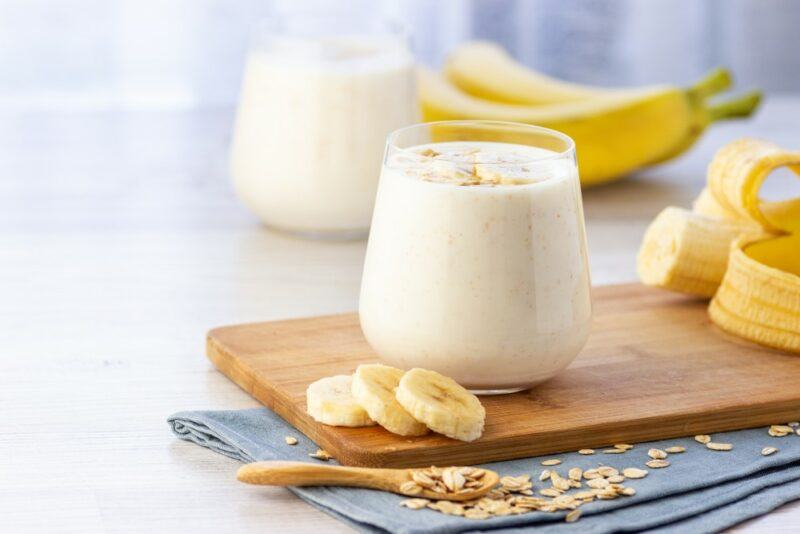
Getting plenty of potassium has been linked to a variety of benefits. Chief among them is the ability to decrease your blood pressure, which then lowers your risk of stroke and heart disease. Potassium also promotes good heart rhythm and can help with your bone health by reducing calcium loss.
There’s also the way that potassium helps with your fluid balance. In doing so, it helps protect you against dehydration and promotes better heart and kidney health.
Symptoms Of Potassium Deficiency
Not getting enough potassium can cause some serious health problems, such as increasing your blood pressure and risk of kidney stones. Low potassium intake also makes you more sensitive to sodium and sodium ends up increasing your blood pressure more than it would otherwise.
Potassium deficiency also goes by the name hypokalemia. Key symptoms include weakness, confusion, constipation, increased urination, and muscle cramps.
Being deficient for even a short time isn’t a good idea and long-term potassium deficiency could seriously compromise your health.
People At Higher Risk Of Deficiency
If you don’t get enough potassium in your diet, then you’re likely to be at least a little potassium deficient. However, some people are at greater risk and it’s easy for their potassium levels to drop down to dangerous levels.
In particular, potassium deficiency can also arise due to dehydration, as you lose potassium when you sweat and don’t replace this by drinking water.
Because of this, anyone taking diuretics needs to be particularly careful with their potassium intake. The same is true if you work out intensely, have diarrhea, have chronic kidney disease, or live in a very hot environment.
People with inflammatory bowel disease need to be cautious too, as they lose more potassium than normal, which puts them at risk of deficiency.
The Best Foods For Potassium
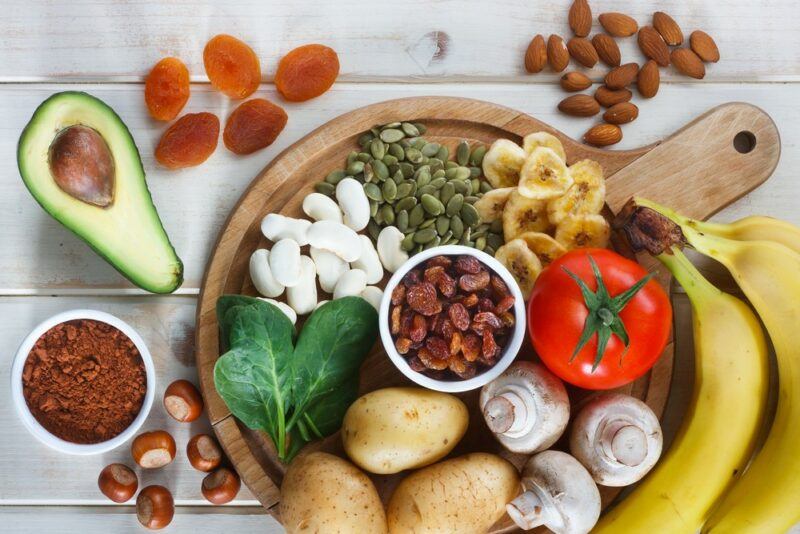
Healthy potassium rich foods are the best way to improve your potassium levels. These foods provide you with plenty of other nutrients at the same time, along with antioxidants, so they promote health in a variety of ways.
Bananas are easily the most famous food for potassium and they do contain a decent amount of the mineral. They’re not always the wisest choice though, as ripe bananas are pretty high in sugar and carbs.
However, there are plenty of other foods to choose from, including kiwis, which actually contain more potassium per serving than bananas. If you’re interested in vegetables, you can turn to beets, beet greens, spinach, or Brussels sprouts for some potassium.
Legumes are another option, including most types of beans. You’ll also find potassium in dairy products like milk and yogurt. Even coconut water contains some. And, of course, potassium is an electrolyte, so it regularly features in electrolyte drinks, like Powerade and Gatorade.
Potassium In Processed Foods
You’ll also find potassium in some processed foods. In particular, there’s a growing trend for using potassium chloride to replace some sodium chloride in foods.
Doing so helps to decrease sodium intake and increase potassium intake at the same time. Plus, potassium chloride isn’t associated with the same risks as sodium chloride.
You’ll even see some companies use the term potassium salt on their ingredients list, rather than potassium chloride.
The biggest problem is the flavor. It has a metallic aftertaste and is quite bitter, so it’s generally just used in small amounts. Still, the right amount can mimic the flavor of table salt and is much better for you, so the flavor difference is a small price to pay for protecting your health.
Products that may contain potassium chloride include snack bars, cereals, frozen entrees, and some condiments. The salt is common in electrolyte drinks as well, along with salt substitutes.
Can You Have Too Much Potassium?
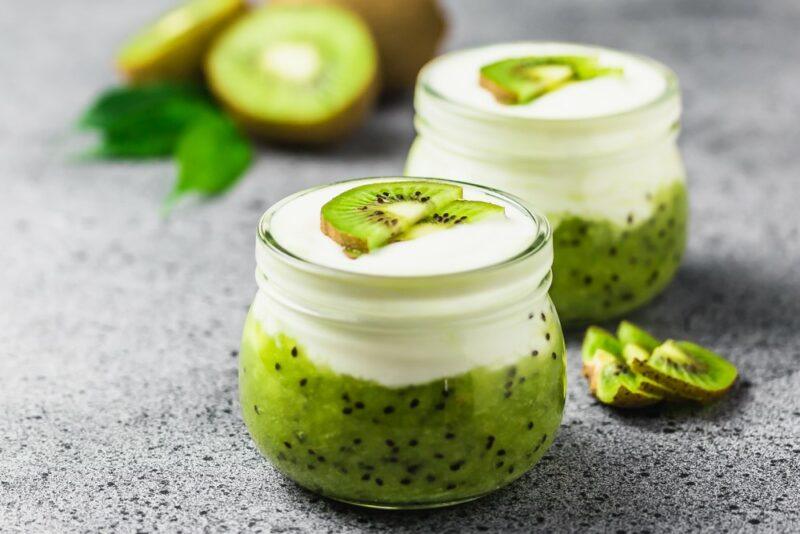
While potassium deficiency is a common problem, it isn’t the only area to think about. Too much potassium (hyperkalemia) can cause serious health issues too, especially for people with underlying medical conditions.
In particular, if there’s a problem with your kidneys or your heart, you might need to follow a low potassium diet. Any medications or supplements that increase your potassium level could raise your risk as well.
If you do have too much potassium, then it can lead to muscle weakness and an irregular heartbeat (which could even cause a heart attack). While the effect is most common in people whose heart or kidneys aren’t functioning properly, healthy people can still overdo it with potassium.
If your potassium intake is high and you start seeing symptoms like an abnormal heart rhythm, nausea, muscle weakness, and paralysis, drop your potassium intake down and talk to your doctor immediately. Hyperkalemia is a serious issue that shouldn’t be taken lightly.
Are Potassium Supplements A Good Idea?
The Problems With Potassium Supplements
It’s always best to get your vitamins and minerals through your diet, rather than turning to supplements. While supplements are a much easier approach, the vitamins and minerals often aren’t absorbed as well as the ones you get from food.
Plus, food provides you with a host of nutrients, macronutrients, and antioxidants all at once. These have interactive effects, making food much more powerful than a supplement ever could be.
There are other concerns too, including the way that the supplement industry is regulated. You can’t really know whether your supplement actually contains what the label claims, especially if it was purchased over the counter, rather than being prescribed.
Finally, using supplements increases the risk of overdoing it with potassium. Remember, you’ll still be getting some potassium in your diet, so it can get tricky to keep your intake exactly where you need it to be.
When The Supplements Are Useful
Still, despite these limits, potassium supplements may be relevant for people who have lost a large amount of potassium or who cannot get enough potassium in their diet regularly.
For example, supplements can sometimes be helpful for people with severe depression, as getting a balanced diet can be incredibly difficult. They’re also used as a way to quickly boost potassium levels for people with dangerously low levels of the mineral.
If you’re considering supplements, it’s best to talk to your doctor first. They’ll be able to test your potassium levels and tell you whether you need more potassium. They may even be able to prescribe potassium supplements, which should give you a more reliable product than something you buy yourself.
Final Thoughts
While potassium deficiency is more common than you might expect, most of us aren’t severely deficient in the mineral. Simply increasing your intake of potassium rich foods should be enough to put your potassium levels where they need to be.
Try decreasing your sodium levels at the same time. Increasing potassium and decreasing sodium intake is one of the most powerful ways to improve your blood pressure.
If you’re worried about potassium levels, don’t run straight to supplements – as too much potassium isn’t good for you either. It’s best to talk to your doctor first and find out where your potassium levels are and what your body needs. This way you can make the best decisions for your health.
Frequently Asked Questions
Does Potassium Lower Blood Pressure?
Potassium is sometimes used to decrease high blood pressure. However, the effect is a slow one – often taking months to cause noticeable blood pressure effects. Because of this, it’s generally best to focus on healthy eating, rather than taking potassium supplements.
If you plan your diet well, you should be able to get enough potassium from your diet alone. Decreasing your sodium intake at the same time should also help your blood pressure. This approach is much more powerful than focusing on potassium supplements.
What Causes Low Potassium Levels?
Low potassium most often happens because you’re losing a lot of potassium, generally through diarrhea or vomiting. This means that situations that lead to high amounts of diarrhea or vomiting can also promote low potassium levels, like bulimia, laxative use, some illnesses, and perhaps even detox teas (particularly if you’re using them excessively).
Some prescription medications can also lead to potassium loss, particularly diuretics. This is an important reason to avoid overusing prescription medications.
What Are The Side Effects Of Low Potassium?
Low potassium comes with a variety of side effects, including weakness, fatigue, muscle cramps, and tingling. You may also experience confusion or an abnormal heart rhythm. Thankfully, increasing potassium levels is generally as simple as eating potassium rich foods or taking a potassium supplement.
Does Potassium Help With Cramps?
Potassium plays crucial roles in the signals our muscles send, which is why getting enough potassium can keep cramps at bay. In fact, muscle cramps can even be a symptom of potassium deficiency.
However, if you’re already getting enough potassium in your diet, the mineral may not impact your cramps much at all.
What Foods Are High In Potassium?
Bananas are the most famous potassium rich food, but there are plenty of other examples, including soybeans, kiwis, guava, spinach, and even potatoes. Dairy products contain potassium as well, although the amount varies depending on the type you choose.
Because so many foods are high in potassium, it’s easy to hit your daily targets from food alone without ever turning to supplements.

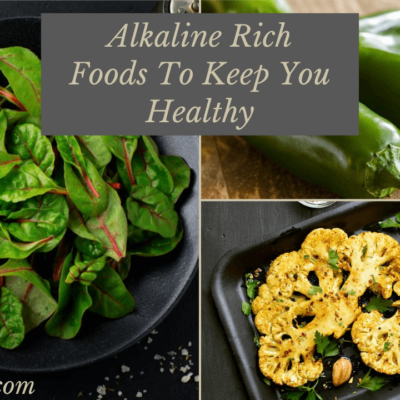
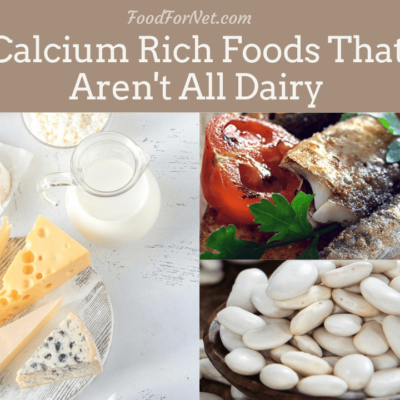
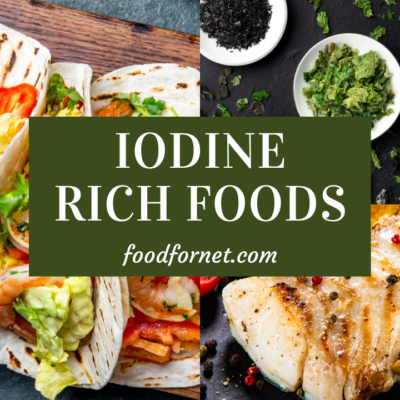
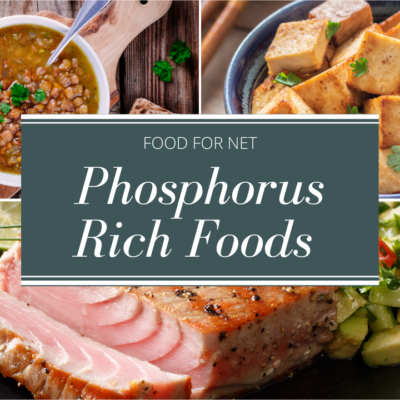
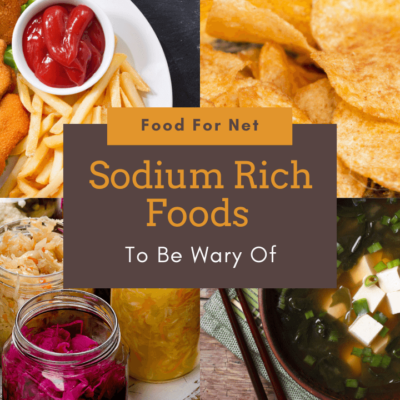
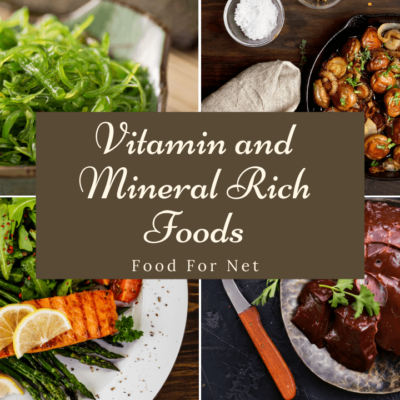
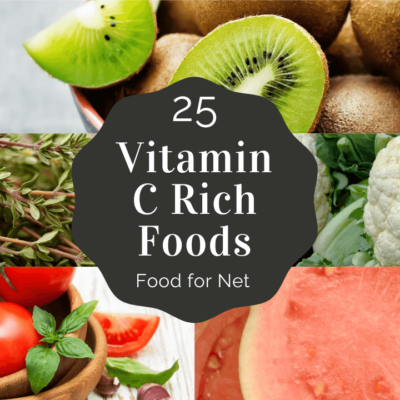
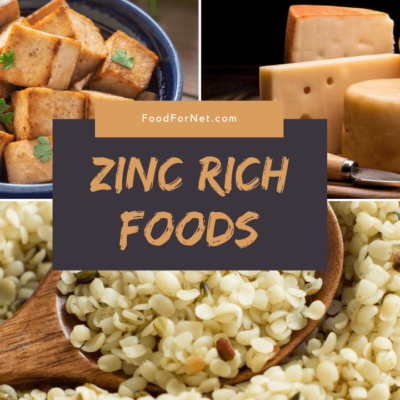


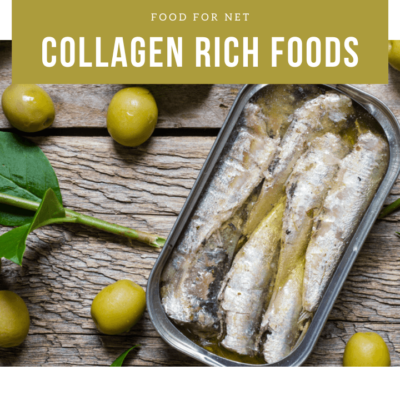

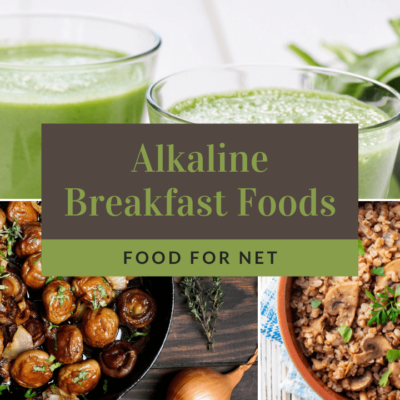


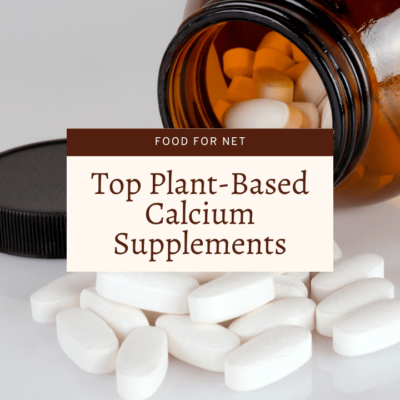
 5 Best Plant-Based Chicken Brands
5 Best Plant-Based Chicken Brands
Leave a Reply